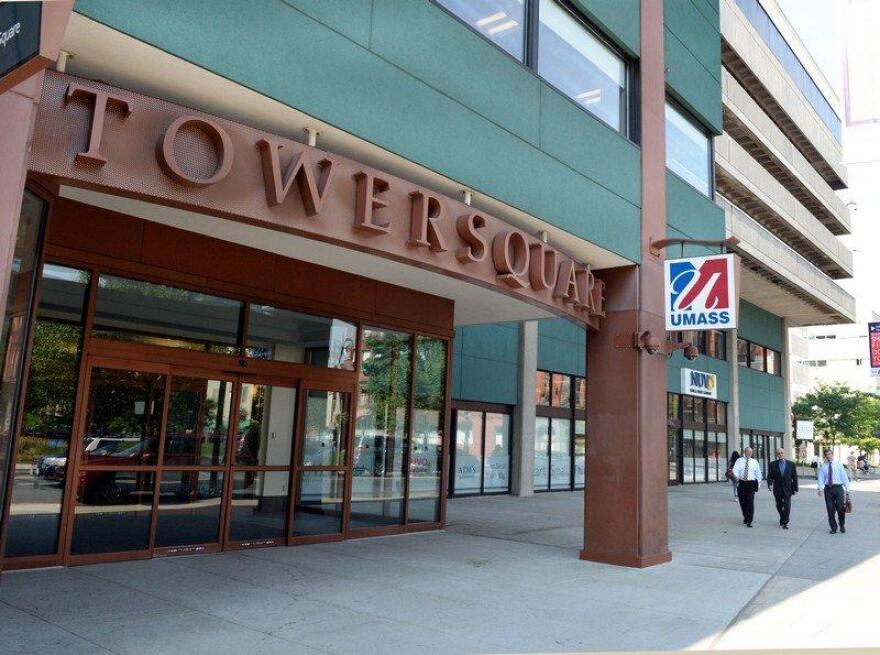The Healing Racism Institute, an initiative aimed at addressing issues of racism in western Massachusetts, held a community dialogue session in Springfield on Tuesday to discuss the challenges they face in continuing diversity, equity and inclusion initiatives.
Modesto Montero-Forman is the president of the board of directors for the Institute. He says it will be easier to identify people who are committed to anti-racist work now, especially with the Trump administration scaling back DEI initiatives.
"Folks will have to decide…was I really about it? Did I really believe in this anti-racist movement or was I just a bandwagon fan because it was the profitable thing to say and do,” Montero-Forman said. “It's creating opportunities for us to get clear on who are our true friends in this work in this moment in time."
Montero-Forman said it will also allow their organization to see how they could bring people in who aren’t necessarily following the movement towards anti-racism.
“We’re also looking at how to include folks who actually aren't as far along as they thought they were. Our approach in bringing them along will be different,” Montero-Forman said. “The type of work that we do, the type of relationship we need to build, has to be strategically thoughtful and mindful. I think it presents a unique type of opportunity.”
One of the organizations present at the dialogue session was the Community Foundation of Western Massachusetts. Briana Wales-Thaxton is the vice president for people and culture at the Foundation and said residents still feel the need to engage in anti-racist work despite the federal pushback.
"We feel like people across Western Mass .are still committed to advancing racial equity, and for us, there hasn't been a sort of shortage of enthusiasm or interest in partnering in that way and figuring out how we collaborate and continue to do that work together," Wales-Thaxton said.
Wales-Thaxton added Massachusetts Attorney General Andrea Campbell has issued guidance to help businesses and non-profits navigate DEI policies through legally compliant means. She said the state legitimizing these practices has been helpful for the Foundation to continue uplifting DEI policies.
"Our focus remains on including multiple voices as we shape our work, encouraging others to do so, and creating bias-aware modes of operating so that our communities treat people with fairness, dignity, and respect. These are not political acts —they're acts of responsibility, and they're part of what it means to be trusted effective community partner," Wales-Thaxton said.
The Institute is planning to take the feedback given by local organizations leaders and create a model that can address institutional challenges on race while navigating federal policies.


